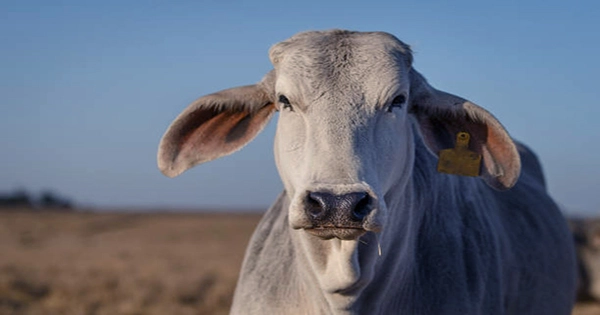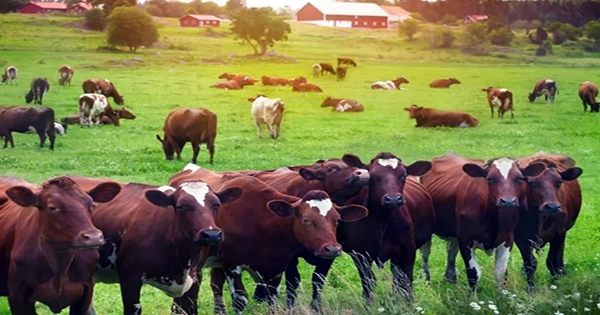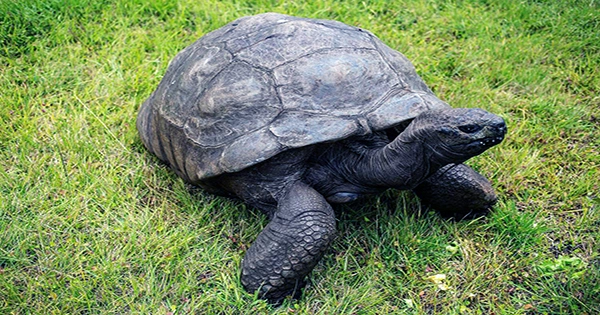Beef from cattle that have been genetically modified to be more resistant to heat stress might soon be available on American dinner tables. The US Food and Drug Administration (FDA) said that it has made a “low-risk assessment” for the commercialization of food items derived from gene-tweaked beef cattle after an examination determined that the genomic change did not pose any safety risks. This implies that the FDA will not need the creator of the gene-edited cow to obtain further permission before bringing the meat to market, and it may be ready in two years.
Five applications for gene-edited animals have been approved by the FDA in recent years: chicken, goats, salmon, rabbits, and pigs. The FDA’s newest approval is a first since the genetic change may be handed down to children, allowing the characteristic to be carried down through traditional breeding. The genetically engineered cattle are the work of Acceligen, a subsidiary of Recombinetics, a bioengineering firm located in the United States. Their PRLR-SLICK Angus cattle were genetically modified using CRISPR to produce short, slick hair, lowering their exposure to heat. A naturally occurring mutation in certain conventionally raised cattle has resulted in this heritable gene for extra-cool hair.

According to the FDA, research have revealed that calves with a slick-hair coat fare better against temperature-related stress, which might lead to increased food output. Heat-stressed cattle is another issue that is projected to worsen as the climate crisis worsens, with heatwaves expected to become longer, more regular, and more violent in many regions of the world. More gene-edited meat might be on the way, as the FDA believes that this recent permission will motivate other biotech firms to create gene-edited animals for FDA clearance.
In a statement, Steven M. Solomon, director of the FDA’s Center for Veterinary Medicine, said, “Today’s decision underscores our commitment to using a risk and science-based, data-driven process that focuses on safety to the animals containing intentional genomic alterations and safety to the people who eat the food produced by these animals.” “We hope that our decision will encourage additional companies to submit animal biotechnology products for risk evaluation by the FDA in this rapidly emerging sector, clearing the road for animals carrying low-risk IGAs to reach the marketplace more quickly,” he said.
















